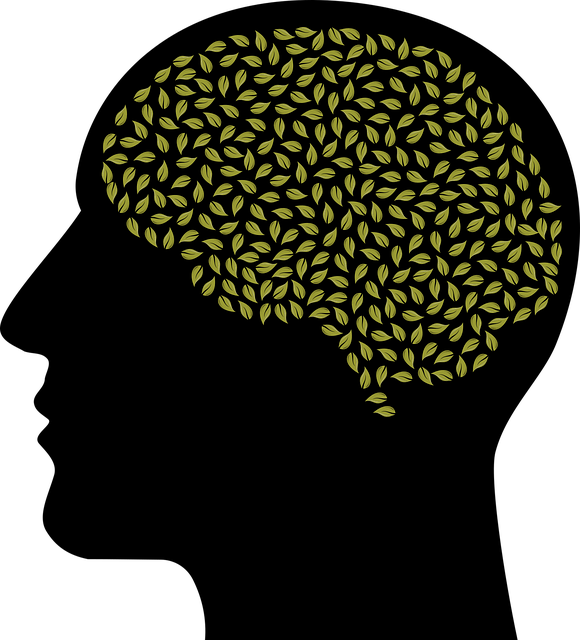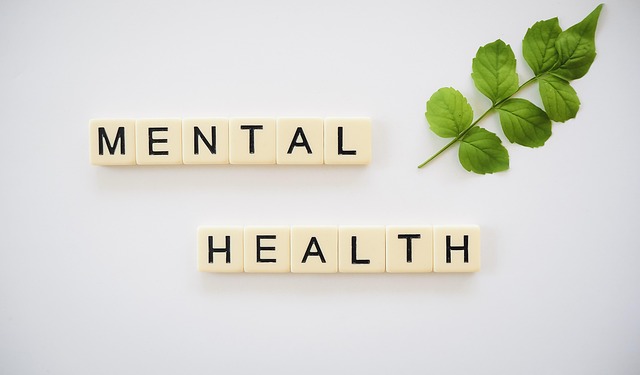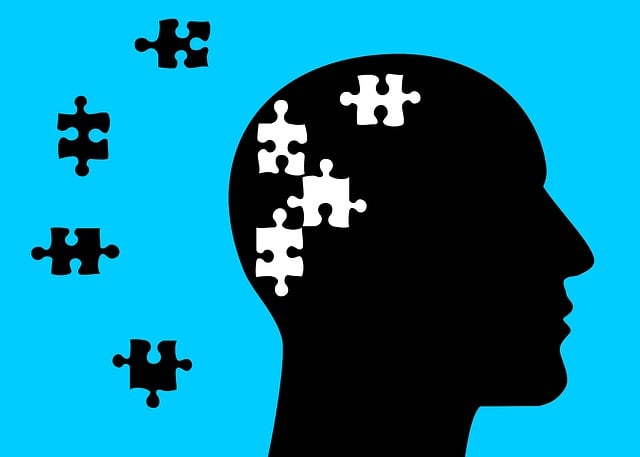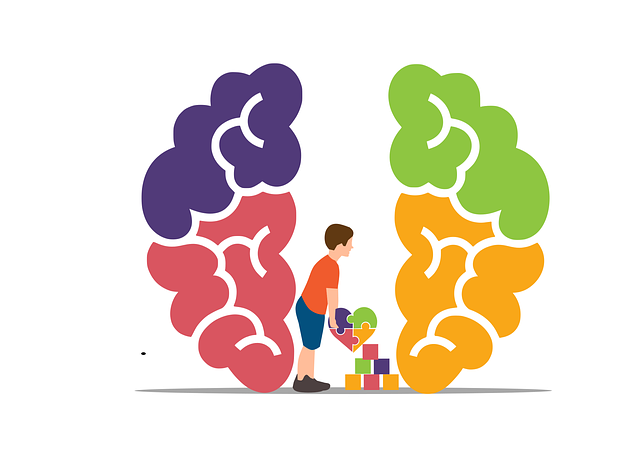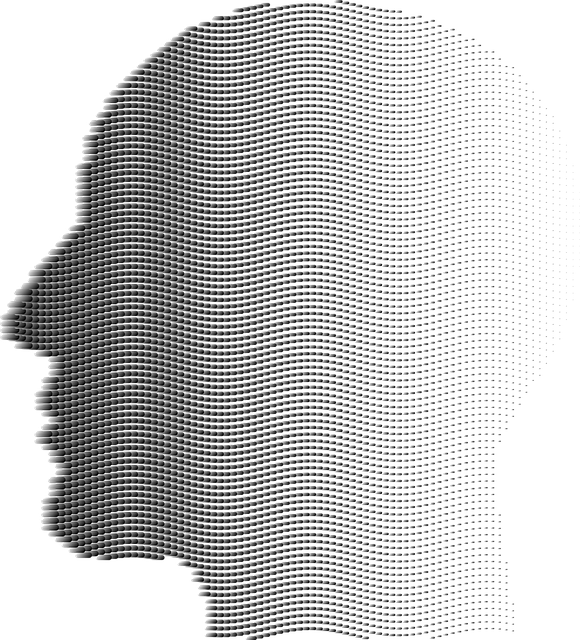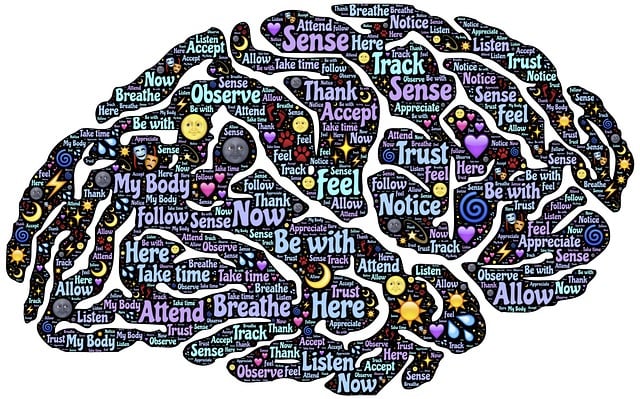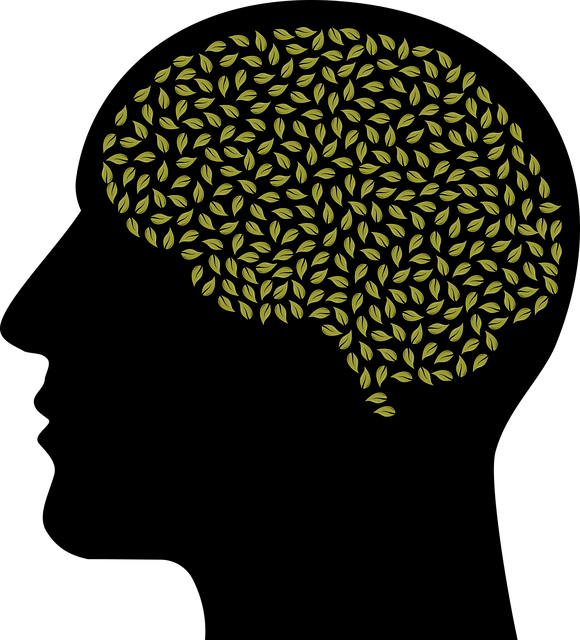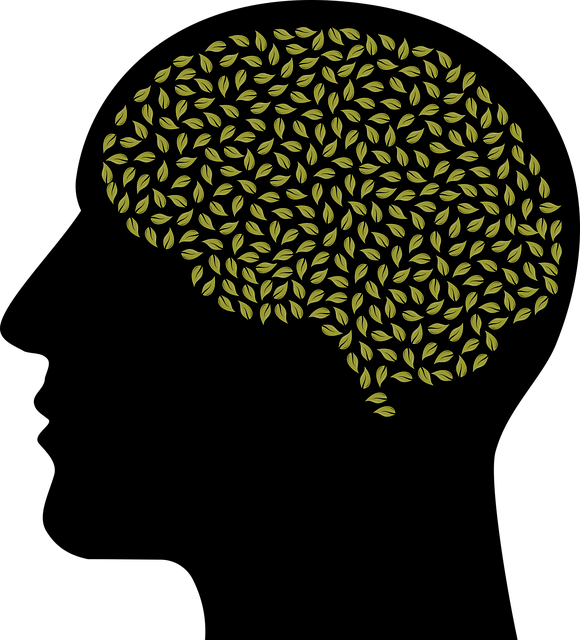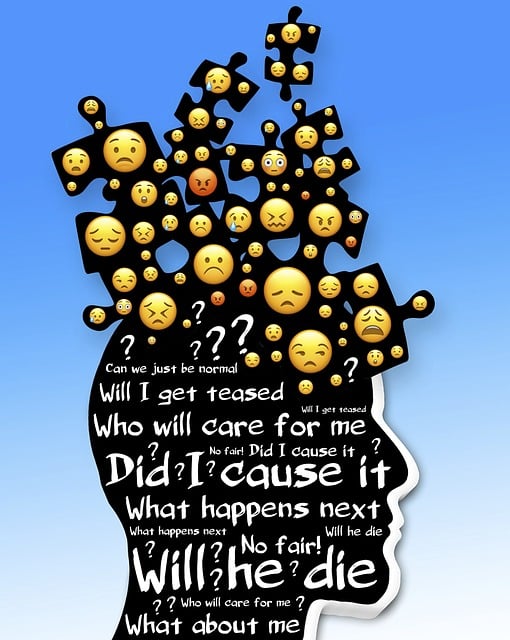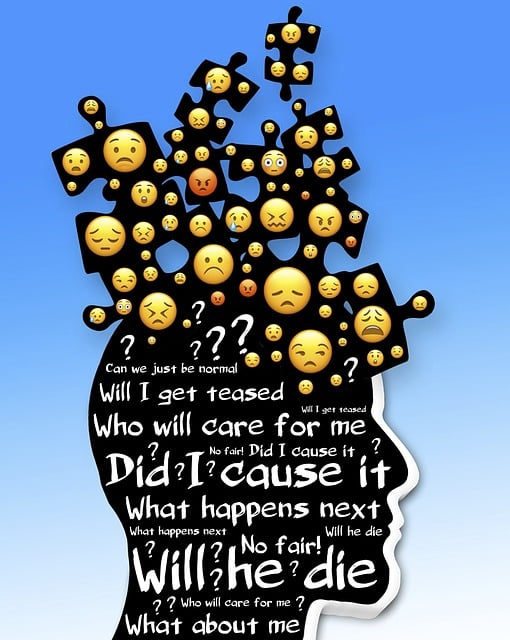Mental health challenges impact individuals across all demographics, highlighting the need for accessible solutions. Apps offering Superior Developmental Disability Therapy tools revolutionize mental wellness support with self-care, meditation, CBT, and risk management features. User-friendly interfaces, personalized therapy plans, mood tracking, mindfulness exercises, community forums, and video conferencing enhance engagement and effectiveness. AI chatbots and virtual reality sessions further personalize care while ensuring ethical considerations and user privacy through robust security measures. These digital platforms empower individuals to manage their mental health journeys holistically in a fast-paced world.
Mental wellness app development is transforming access to care, offering innovative solutions for managing mental health challenges. This article explores key aspects of creating effective therapy apps, from understanding the impact of mental health issues to incorporating advanced technologies for personalized support. We delve into essential features, ethical considerations, and user privacy, providing insights into developing superior developmental disability therapy tools that make a real difference in people’s lives.
- Understanding Mental Health Challenges and Their Impact
- Designing an Effective Therapy App: Key Features and Functions
- Incorporating Advanced Technologies for Personalized Care
- Ethical Considerations and Ensuring User Privacy in App Development
Understanding Mental Health Challenges and Their Impact

Mental health challenges are prevalent and far-reaching, impacting individuals from all walks of life. It’s crucial to recognize that mental wellness issues, such as anxiety, depression, and stress-related disorders, can significantly hinder daily functioning and overall quality of life. Understanding these challenges is the first step towards creating effective solutions.
Apps focused on mental wellness, including Superior Developmental Disability Therapy options, play a pivotal role in providing accessible support. They offer personalized tools for self-care, meditation, cognitive behavioral therapy techniques, and even conflict resolution skills. Moreover, by integrating features for risk management planning, which is vital for mental health professionals, these apps can contribute to better patient outcomes. Through emotional healing processes facilitated by digital means, individuals are empowered to manage their mental health proactively.
Designing an Effective Therapy App: Key Features and Functions

When designing a mental wellness app with a focus on Superior Developmental Disability Therapy, it’s crucial to incorporate features that facilitate comprehensive emotional support. Essential elements include user-friendly interfaces for easy navigation and accessibility, ensuring individuals with diverse needs can engage effectively. Personalized therapy plans tailored to each user’s unique challenges and goals should be central, allowing for progressive coping skills development.
Key functions should emphasize mood management tools such as mood tracking, personalized mindfulness exercises, and cognitive behavioral therapy (CBT) techniques. Incorporate features that promote self-awareness, emotional regulation, and positive habits formation. Additionally, integrating educational resources, community forums, or access to professional therapists through video conferencing can significantly enhance the app’s effectiveness in supporting users’ mental wellness journeys.
Incorporating Advanced Technologies for Personalized Care

Incorporating advanced technologies into mental wellness app development allows for personalized care tailored to individual needs. Features such as AI-driven chatbots and virtual reality (VR) sessions can enhance therapeutic experiences, making therapy more accessible and engaging. These innovations, especially beneficial for individuals with superior developmental disability therapy needs, offer flexible and effective support beyond traditional in-person sessions.
By leveraging mental health awareness tools and stress management techniques built into the apps, users can proactively manage their well-being. Moreover, risk management planning becomes easier as digital platforms can track progress, identify triggers, and provide timely interventions. Such integration not only benefits mental health professionals but also fosters a holistic approach to wellness, ensuring individuals receive comprehensive care in today’s fast-paced world.
Ethical Considerations and Ensuring User Privacy in App Development

As developers, it’s crucial to navigate the intricate landscape of ethical considerations and user privacy when crafting mental wellness apps. With sensitive data at play, ensuring the highest standards of privacy protection is paramount. Users rely on these applications for personal growth tools like self-care routine development, self-esteem improvement, and confidence boosting—all aspects that require meticulous handling of confidential information.
Implementing robust security measures, transparent data collection practices, and user consent mechanisms are essential components of responsible app development. Honoring the privacy rights of users with superior developmental disability therapy resources means creating a safe digital environment where individuals can freely explore their mental health journeys without fear of breach or misuse of their personal details.
Mental wellness app development is a powerful tool to address the growing need for accessible therapy. By understanding the impact of mental health challenges, designing user-centric apps with essential features, incorporating advanced technologies for personalized care, and prioritizing ethical considerations, developers can create effective solutions like Superior Developmental Disability Therapy apps. These innovations ensure that individuals receive tailored support, fostering better mental wellness outcomes in today’s digital age.
